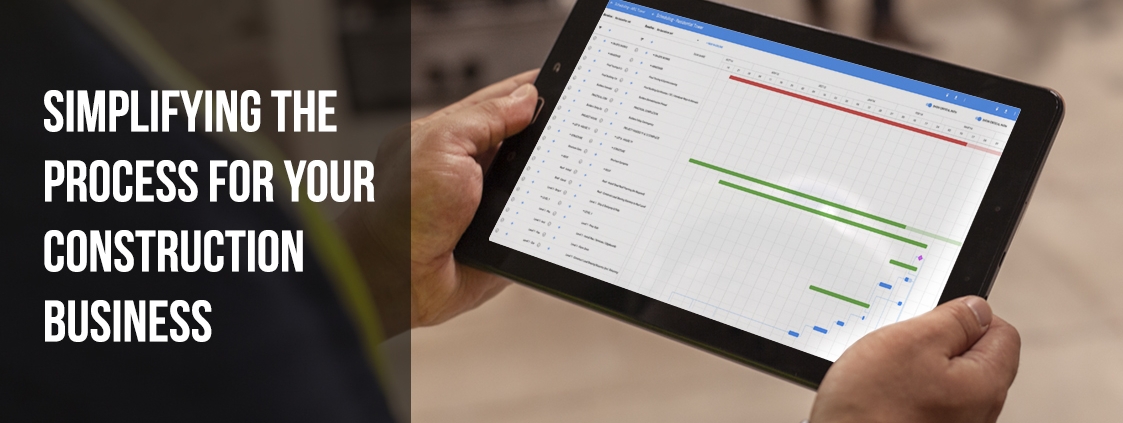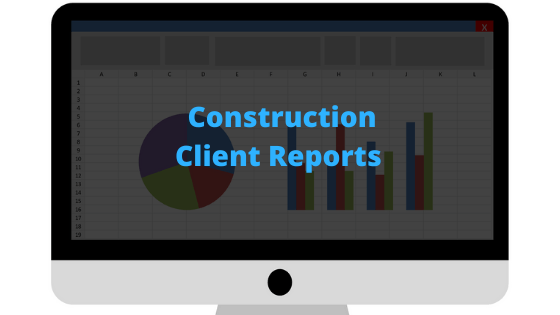Effective Management of Purchase Orders
Effective management of construction purchase orders plays a crucial role in ensuring smooth project execution, controlling costs, and maintaining transparency and accountability in the procurement process. The following are some of the strategies and best practices for effectively managing construction purchase orders:
Standardize Purchase Order Process
Develop a standardized process for creating, approving, and tracking purchase orders. This includes establishing clear guidelines for generating purchase orders, defining approval authorities, and implementing a centralized system for tracking and managing orders.
Clear and Detailed Purchase Order Documentation
Ensure that purchase orders contain accurate and detailed information, including item descriptions, quantities, pricing, delivery terms, and payment terms. This will minimize misunderstandings and facilitate effective communication between the buyer and supplier.
Streamline Approval Process
Implement a streamlined approval workflow that ensures purchase orders are reviewed and approved promptly. This can be achieved through automated approval systems or designated personnel responsible for reviewing and approving purchase orders.
Regular Communication with Suppliers
Maintain open lines of communication with suppliers to monitor order status, address any concerns or issues, and ensure timely deliveries. This includes providing suppliers with clear instructions, specifications, and delivery deadlines.
Track and Monitor Purchase Orders
Implement a robust tracking system to monitor the progress of purchase orders from creation to delivery. Regularly update the status of each purchase order, track any changes or modifications, and ensure timely resolution of any discrepancies or delays.
Documentation and Record-Keeping
Maintain a comprehensive record of all purchase orders, including supporting documentation such as quotes, invoices, and delivery receipts. This documentation serves as an audit trail and provides evidence for future reference or dispute resolution.
Performance Evaluation and Supplier Management
Evaluate supplier performance based on factors such as on-time delivery, product quality, and adherence to specifications. Use this evaluation to build stronger relationships with reliable suppliers and address any recurring issues or concerns.






